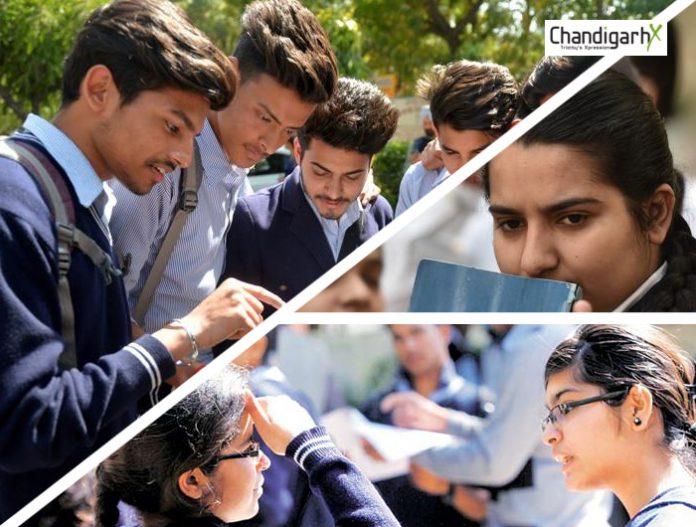With the class 10 and 12 boards going around, some smart planning will help young minds to stay on top of your revision. It is quite natural for students to feel nervous and stressed out. But to avoid stress, you should know simple tips to make scoring easy. Create a study plan, especially for the breaks you get in between each paper, says PCS Sandeep Kumar, Employment Officer, UT, who in collaboration with the Education Department is advising students on preparing for the boards. We’re here to help candidates to know a few tips to score high.
What You Should Focus On
Students must focus on revision keys, says Kumar. Revision keys are simply study notes that can be made by dividing every subject into 10-12 topics to revise before. They ensure a good score if you’re short of time. “However the only condition for success with revision notes is that your concepts must be crystal clear. You have to work hard for the entire year for the last one month to be fruitful,” he adds.
Time Management
Isha Rawat, now a student of class 11, non-medical, Government Model Senior Secondary School, Sector 37—B, scored 98% last year. She says, “Time management is one aspect of discipline. One can study early in the morning or late in the evening.” The time one chooses should be in accordance with the body’s biorhythm. “Human bodies have an internal clock which is adjusted to our daily schedule. Identifying the biorhythm is important before one draws up a time table. This will lead to good results with least efforts,” she says.
Solve Sample Papers
It is important for students to take out time to solve the sample papers every day. The sample papers are easily available in the the market as well as online. Pick up sample papers of each subject and solve it in three hours. This will help candidates to manage the time allotment for the examination.
Use Of Proper Language
Now days it is important for students to know the difference between spoken and written English. The way we speak is different from the way we pen down answers in an examination. Writing an answer demands perfect English. Proper usage of language helps a great deal to score high.
Adhere To Word Limits
It is advisable for students to not exceed the word limit for different questions. Read carefully the prescribed length of answers stated by the examiner. The reason behind setting a word limit is because the Board is aware of the fact that the answer can be articulated within the given word limit. Adding those extra amount of words will not only stretch the answers, but will also divert your writing from the main idea.
Physical Activity
Physical activity gives a boost to hormones which help us to concentrate and learn better. However, it should be limited in the last one month before exams because students cannot afford to expend their energy on physical activity.
Parent-Child Relationship
Parents should motivate students. They should not compare their children with others.It’s important to have a quality parent-child relationship. He/She should be able to talk to the child about his/her weaknesses and strengths. Parents should understand that in the last one month they cannot force the child to start studying. Instead, talk to them into doing what’s best for them. This should be followed by positive reinforcement rather than punishment. For instance, if a child scores 60% appreciate his or her efforts. If possible give a small gift. This will whet their appetite to improve performance. Remember, motivation works like magic.
Technology: Yes Or No?
Yes, technology is important. Children must not be deprived of technology. It will be a defining element in future. Instead, regulate its usage by your ward.
Isha shares how she prepared for her Class 10 examination in 2017. “My main focus was on NCERT. I revised all subjects before February and by the end made small notes for quick revision.” She extended her time for studies and revision to six to seven hours before the final exams, “every subject for at least one hour each.” On the day before an exam she revised all the important topics.
Short outdoor breaks were important too. So she played badminton or walked in the park. She concludes, “I feel the main problem students face is the distraction on Whatsapp groups. But I did not have a phone.”




















